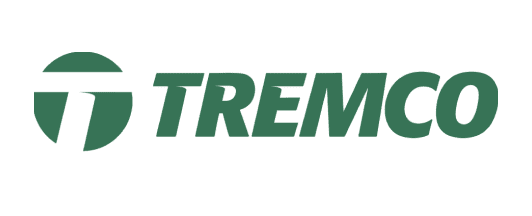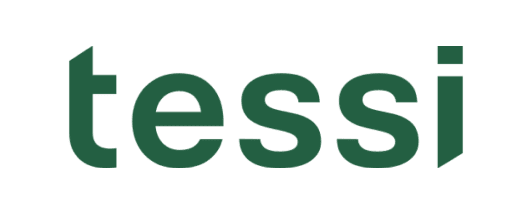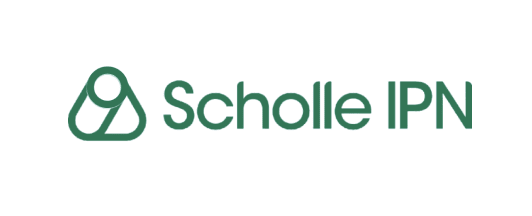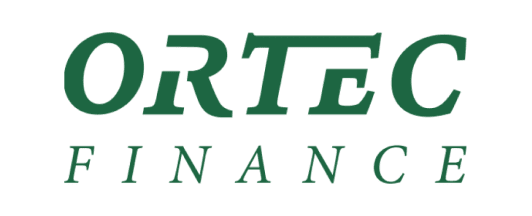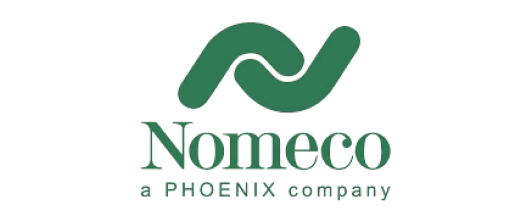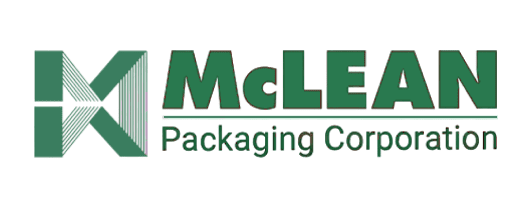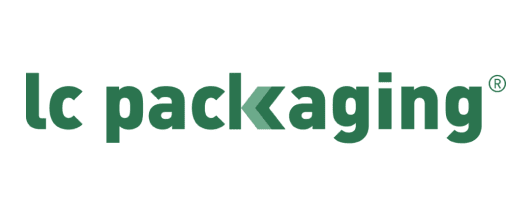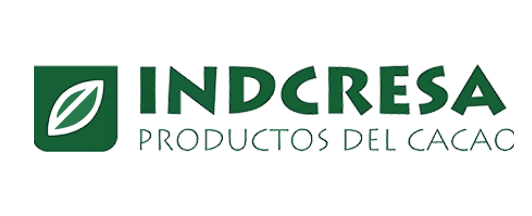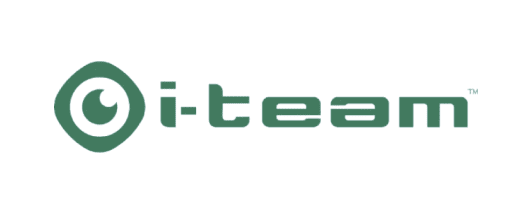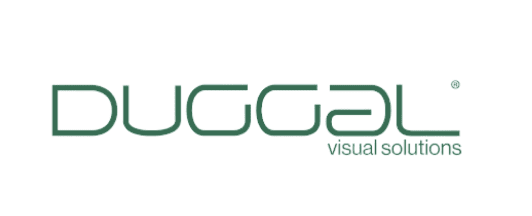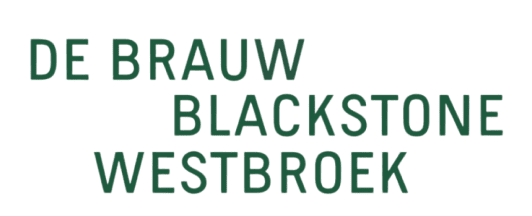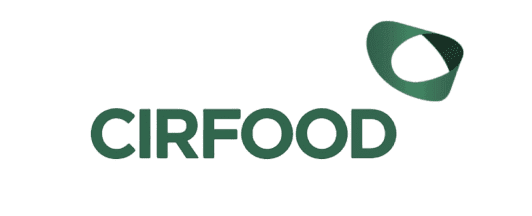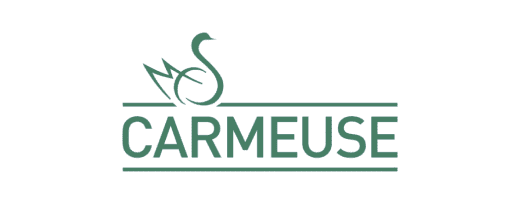CSRD and reporting

Your compliance
Our expertise
Transparency, streamlined
to your CSRD journey.
Our services
CSRD from A to Z
Why get CSRD-compliant?
Replies within 24 hours
On the side of proactive compliance
Insights
Frequently asked questions
The scope of the CSRD is broad, covering almost 50,000 companies operating in the European Union:
- Value chain partners: companies within the scope of the CSRD are required to disclose information about their value chains. As a result, even companies that aren’t required to report under the CSRD may be asked to provide sustainability-related data to their customers or suppliers who are subject to the Directive.
- Investors and lenders: financial stakeholders, including investors and lenders, may request CSRD-aligned information from companies to fulfil their own reporting or due diligence obligations.
- Subsidiary considerations: subsidiaries of EU-based companies with CSRD reporting obligations may need to provide relevant data to their parent companies, even if they are not directly required to report.
- Non-EU headquartered companies: even if the parent company does not have any debt or equity securities listed on an EU-regulated market, global consolidated reporting will be required from financial year 2028 (reporting in 2029) if one or more of its EU branches or entities and its consolidated net turnover in the EU meet certain criteria.
The CSRD introduces a phased approach to reporting obligations, with different deadlines depending on a company’s specific circumstances. Companies with securities listed on EU-regulated markets and more than 500 employees will be the first to report. They must report on the financial year 2024, with reports due in 2025.
The second wave, encompassing other ‘large undertakings’ and parent companies of ‘large groups’, will begin reporting for the financial year 2025 (to be filed in 2026). All other companies within the CSRD's scope will follow in subsequent waves. Here are some more details:
- Companies subject to the current NFRD requirements plus ‘issuers’ that a) meet the definition of a large undertaking and b) have more than 500 employees: reporting is required for financial years beginning on or after 1 January 2024.
- All other ‘large undertakings’ and ‘large groups’ within the scope of the CSRD: reporting is required for financial years beginning on or after 1 January 2025.
- Listed small and medium-sized enterprises (SMEs): reporting is required for financial years beginning on or after 1 January 2026, with an optional two-year deferral for first-time application.
- Certain small and non-complex institutions and captive insurance undertakings as defined by EU regulations: reporting is required for financial years beginning on or after 1 January 2026.
Double materiality means looking at an organisation from two perspectives: the impacts on the organisation (financial materiality) and the impact of the organisation on external factors (impact materiality). To assess these, it’s important to evaluate both actual and potential impacts, risks and opportunities (IROs) – as well as negative and positive IROs – in the short, medium and long term. Boundary setting is also a key process, as it is critical to identify where in the value chain the impact or financial materiality occurs, breaking this down at the topic, subtopic and sub-subtopic level.
The CSRD requires companies to disclose their sustainability strategy, associated targets, implementation policies and methods for monitoring progress. This information will become a mandatory part of an organisation’s annual report under the new European Sustainability Reporting Standards (ESRS). Companies must present this data in a structured, tagged, electronic format (XBRL), accompanied by an assurance statement from an external auditor. These requirements aim to bring ESG information to the same standard as financial reporting, improving its quality, reliability, transparency and comparability across organisations.
Successful stakeholder engagement involves transparent communication, identifying key stakeholders, and integrating their feedback into sustainability strategies and disclosures. Engaging stakeholders early supports better risk management and compliance with CSRD requirements. Our experts can design and implement stakeholder engagement strategies tailored to your organisation’s context.
The Omnibus proposal, published in March 2025, introduces adjustments to CSRD implementation, including raised thresholds that reduce the number of companies in scope and a one-year deferral of reporting deadlines for Waves 2 and 3. While these changes may ease compliance timelines, they do not remove the requirement for double materiality assessments. Companies that remain in scope are still expected to evaluate both financial materiality and impact materiality in line with ESRS standards. Even those temporarily outside CSRD scope are encouraged to conduct voluntary double materiality assessments, as doing so strengthens supply chain credibility and prepares them for future regulatory expectations.
Nexio Projects, a Netherlands based sustainability consultancy, supports organisations in navigating complex disclosure frameworks like Global Reporting Initiative (GRI), CSRD, ESRS. Recognised by Verdantix as a top boutique ESG consultancy, we have delivered more than 1,000 projects across 25 sectors and 20 countries. As a trusted ESG consultant and sustainability expert, Nexio Projects provides end to end support from CSRD double materiality assessments and gap analysis to drafting compliant sustainability reports. Whether you are seeking an ESG advisory to meet EU sustainability regulations or an environmental consultant to enhance reporting credibility, Nexio Projects offers tailored, practical guidance that ensures transparency and regulatory alignment.




